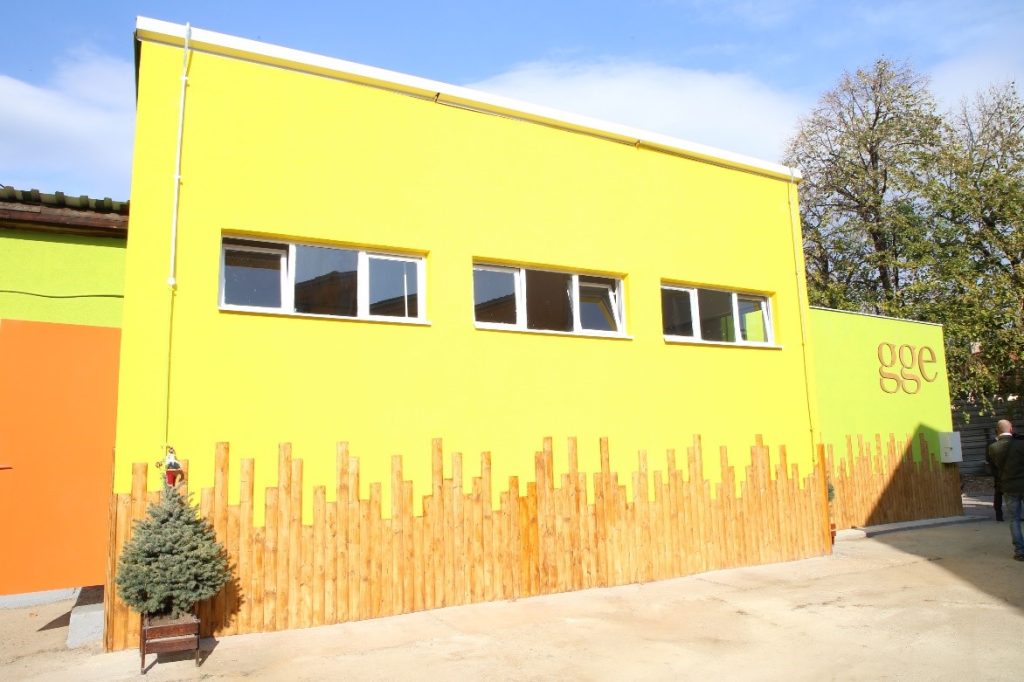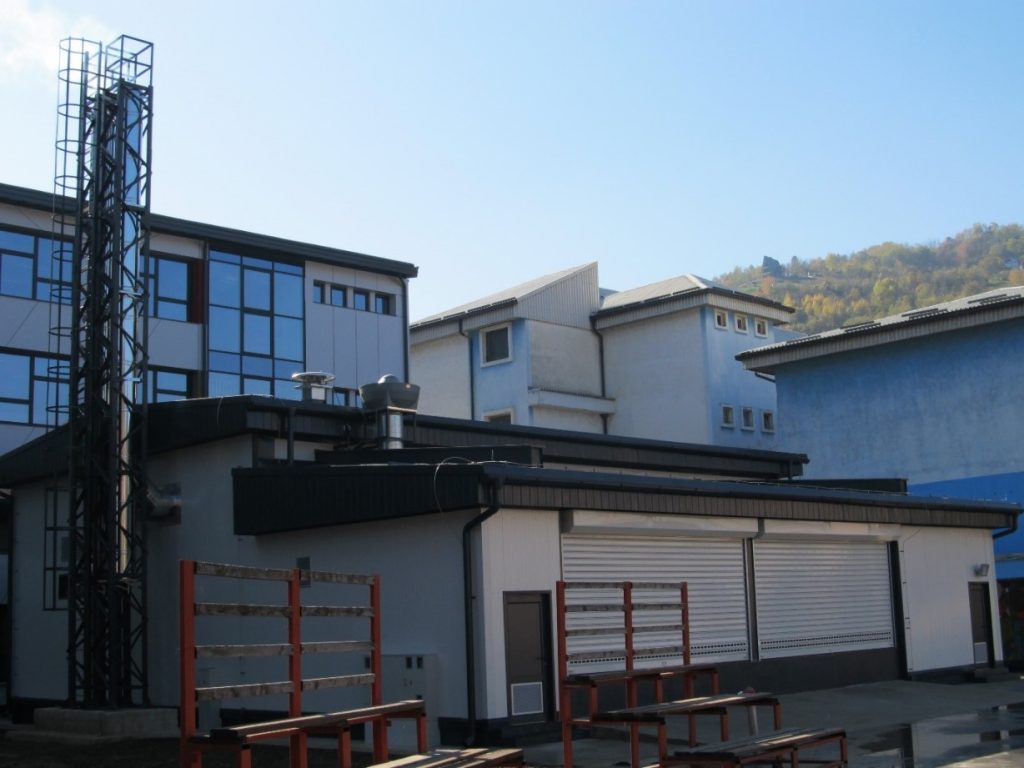Programme ‘Development of a sustainable bioenergy market in Serbia’, financed by the Federal Republic of Germany through the Federal Ministry of Economic Cooperation and Development (BMZ) and implemented by GIZ, achieved tangible results through implementation of the projects with local self-governments. These projects encompassed different business models for bioenergy projects and enabled local self-governments to switch to the use of biomass from fossil fuels in heating the public buildings. At the same time, GIZ worked closely with key stakeholders in improving the enabling environment for sustainable use of biomass for production of heating and electricity.
The first fuel switching project, contributing to cleaner air in the schools, was realized in cooperation with the City of Pirot through the Public-private partnership for heat delivery in cooperation with the energy service company. Other projects implemented in Priboj or Mionica accessed public funds to develop mini-heating grids bringing energy efficient biomass-based heating to the users of public buildings.
Benefits of using biomass to heat public buildings
Due to lower prices of woody biomass compared to fossil fuels, higher efficiency of biomass-based boilers and lower maintenance cost, realization of bioenergy projects leads to significant savings in municipal budgets. Therefore, a part of the saved budged could be transferred to other investment projects financed by local self-governments.
Moreover, woody biomass, as an energy source, is mostly supplied by the local producers, thus, leading to establishment of local biomass supply chains generating jobs in the rural areas and contributing to local economic development.
Realization of bioenergy projects in cooperation with local self-governments contributes to the sustainable low-carbon development of Serbia and increased use of renewable energies in the production of heat.
Good practices
Pirot – public private partnership for heat delivery
In 2017, the City of Pirot started to heat 4 schools using woody biomass. The old, inefficient boilers were replaced by the private partner, an ESCO company. The City of Pirot purchases heat from the private partner, through the first PPP for heat delivery in Serbia.
Within a period of 3 years, this program supported the City of Pirot from the initial idea to project realization, including the whole process of tendering to find the right partner.
After two successfully finished heating seasons, reactions are positive and, most importantly, the heating comfort is increased. School children in Pirot do not have to miss school or sit in the cold classrooms when the boilers break. Savings in the cost of heat energy levelled off at 40% after two heating seasons. Finally, over the project lifetime the reduction of GHG emissions is estimated to be 6.750 tons contributing significantly to decarbonisation of the energy sector in the City of Pirot.
Priboj – biomass-based heating grid connecting schools
With the start of the 2019/20 heating season, the Priboj Municipality connected 4 schools and the children’s dispensary on the biomass-based heating network.
The fuel switching project was funded by the Serbian Government through the Public Investment Management Office, while the German Development Cooperation Programme developed the mini-heating network concept. A highly efficient woody biomass boilers with the capacity of 1.8 MWth and adjacent wood chip storage were built from scratch and complemented the work on introduction of energy efficiency measures in those schools.
The path toward energy transition in Priboj started in 2016 with installation of the first woody biomass-based boiler with the capacity of 0.9 MW to heat 4 public buildings, continuing to extend on isolated solutions in schools and installation of mini-heating network.
The next step is already planned and includes the KfW-financed switch to the use of biomass in the district heating system (DHS). Once the DHS start using the locally produced woody biomass, the Priboj municipality will be close to decarbonizing completely the heat delivery to the public and private buildings. The additional planned capacity in cooperation with the District heating company of 8 MWth on biomass will create additional workplaces in one of the economically upcoming municipalities which struggled until recently to reverse the migration of its workforce due to collapse of state-owned industries.




